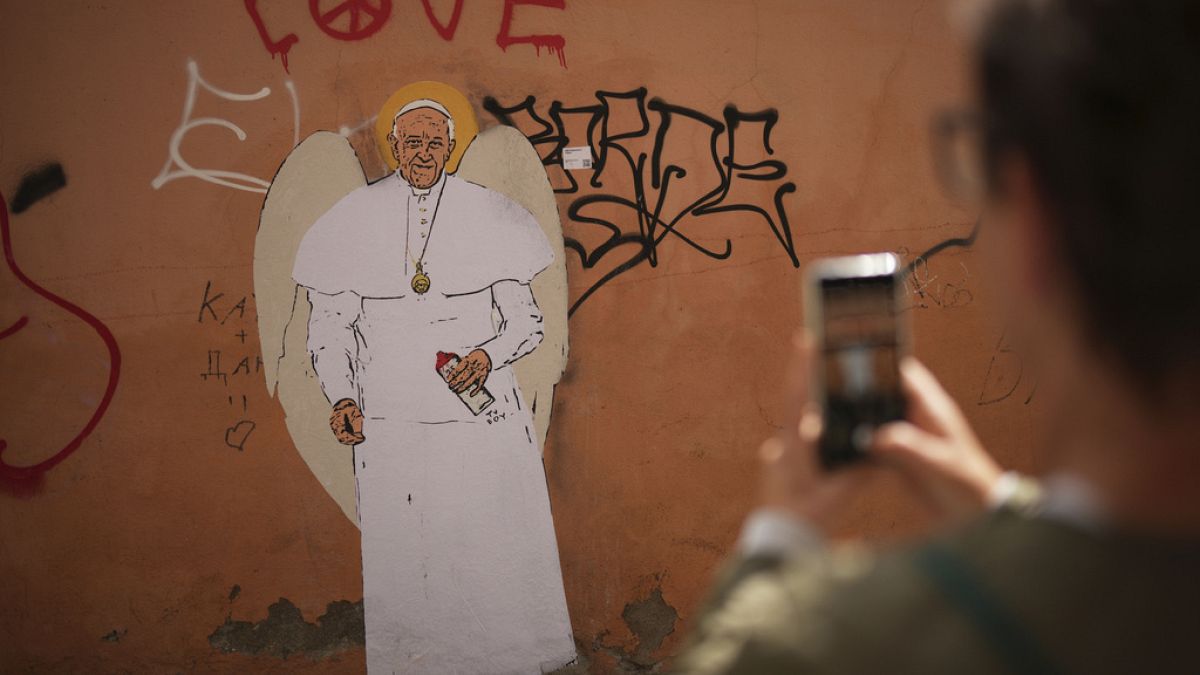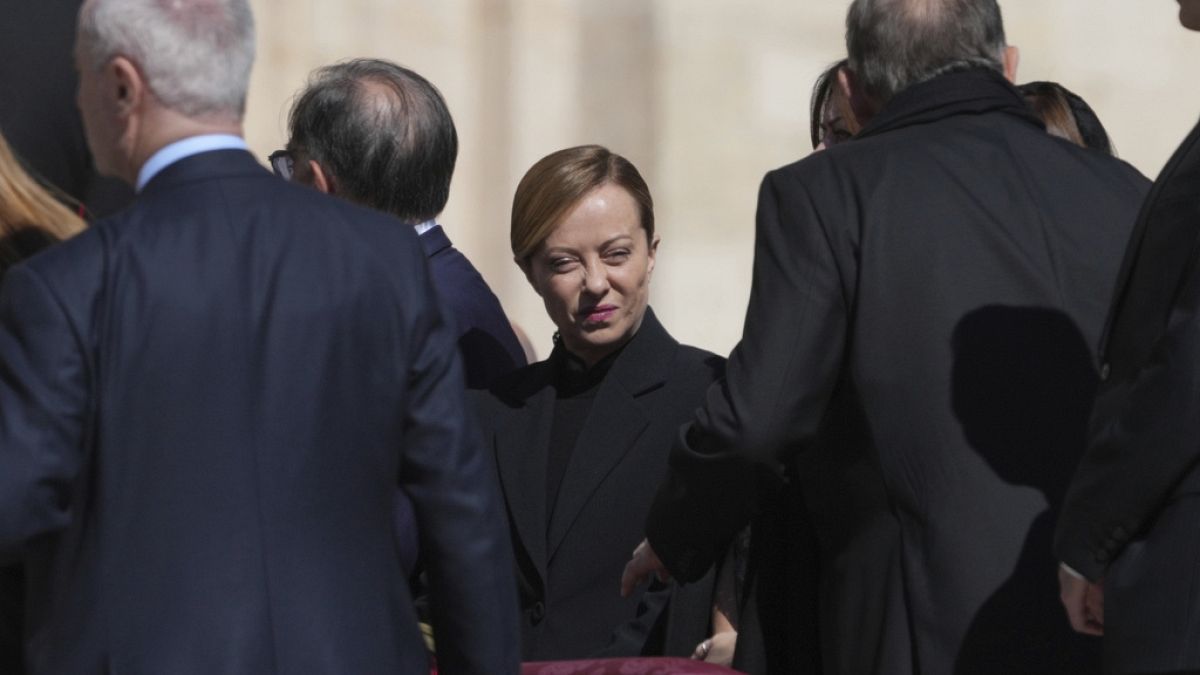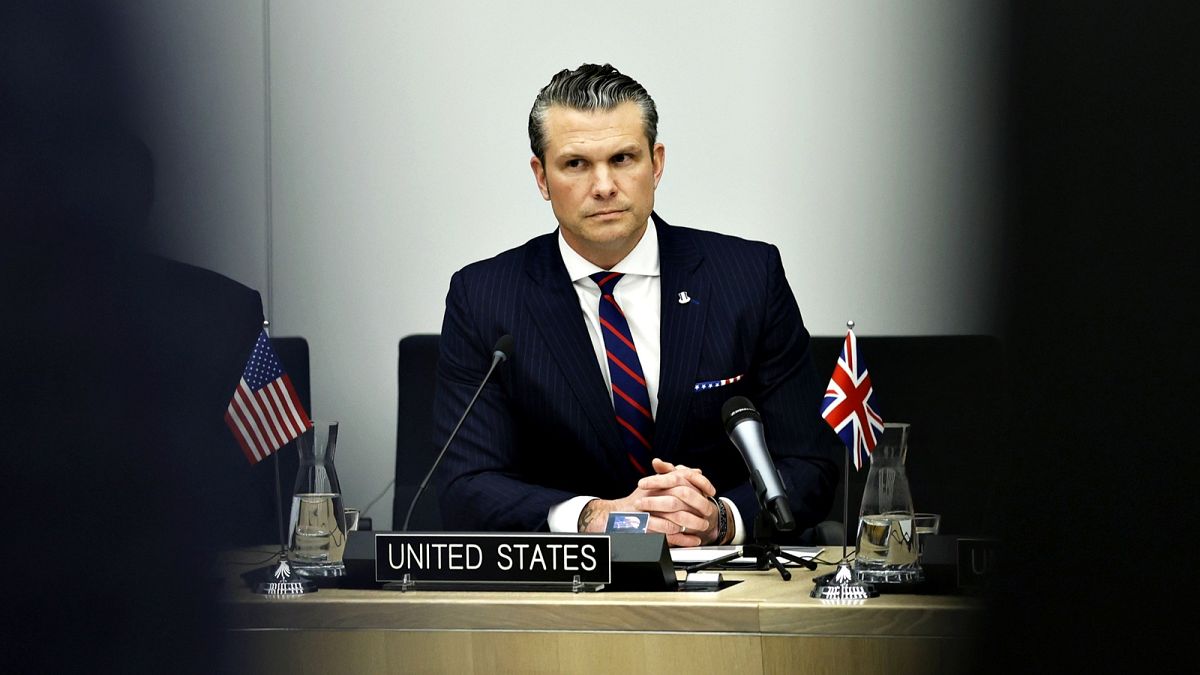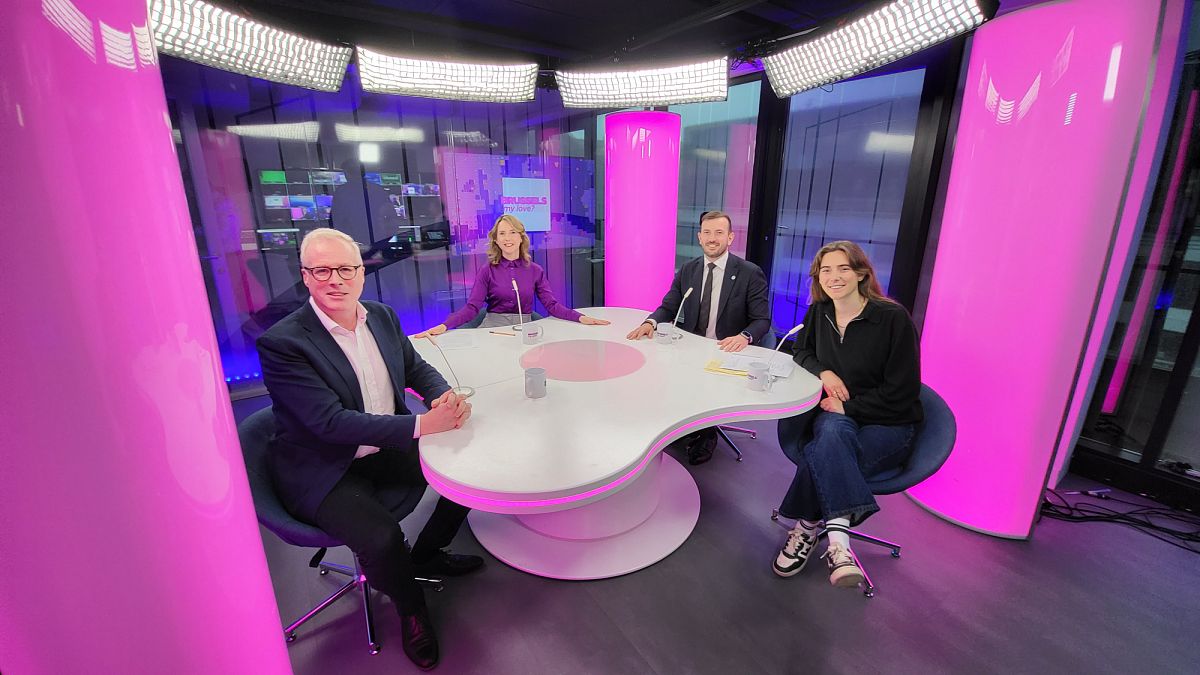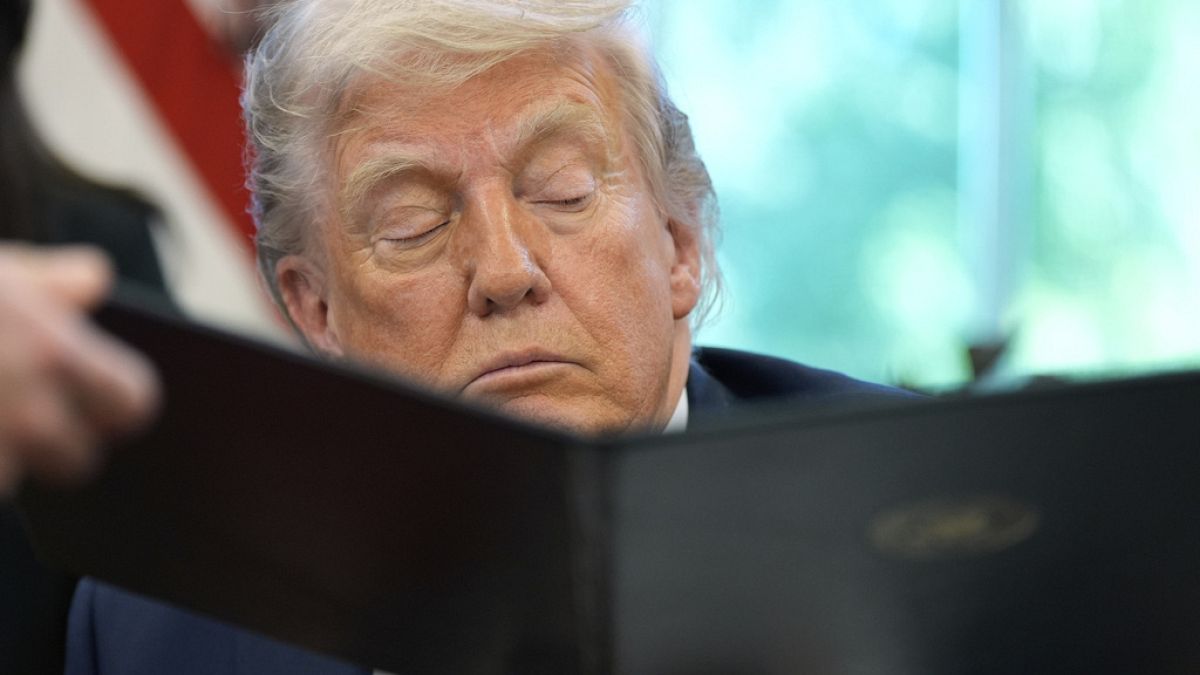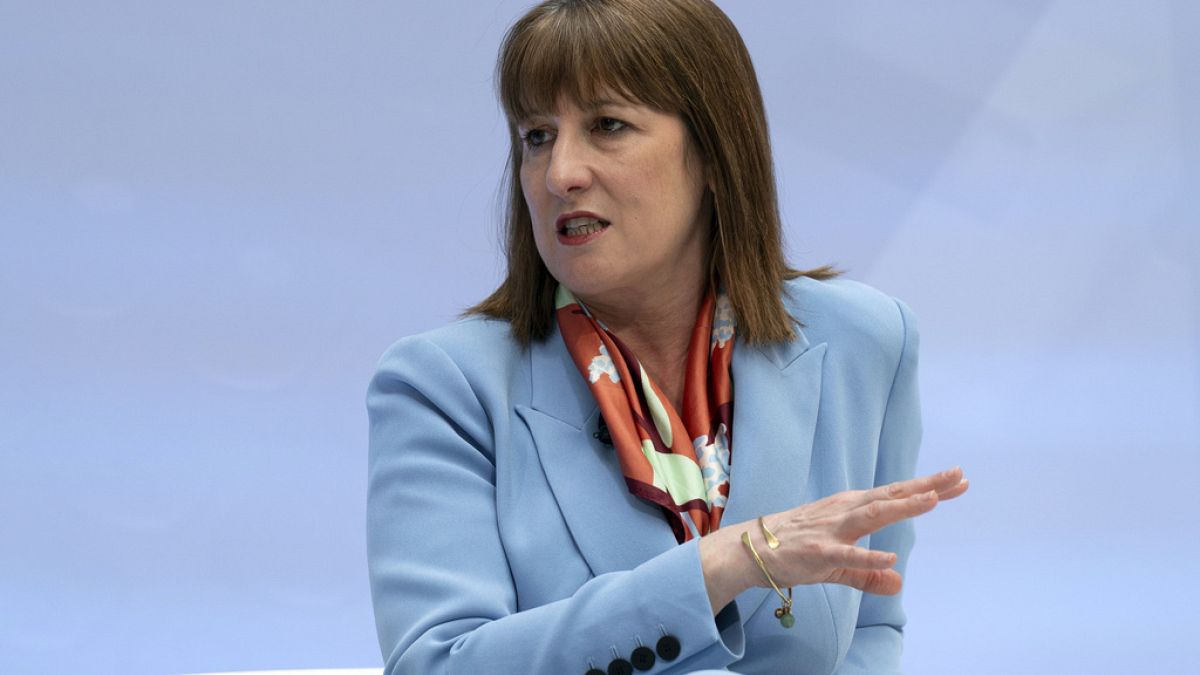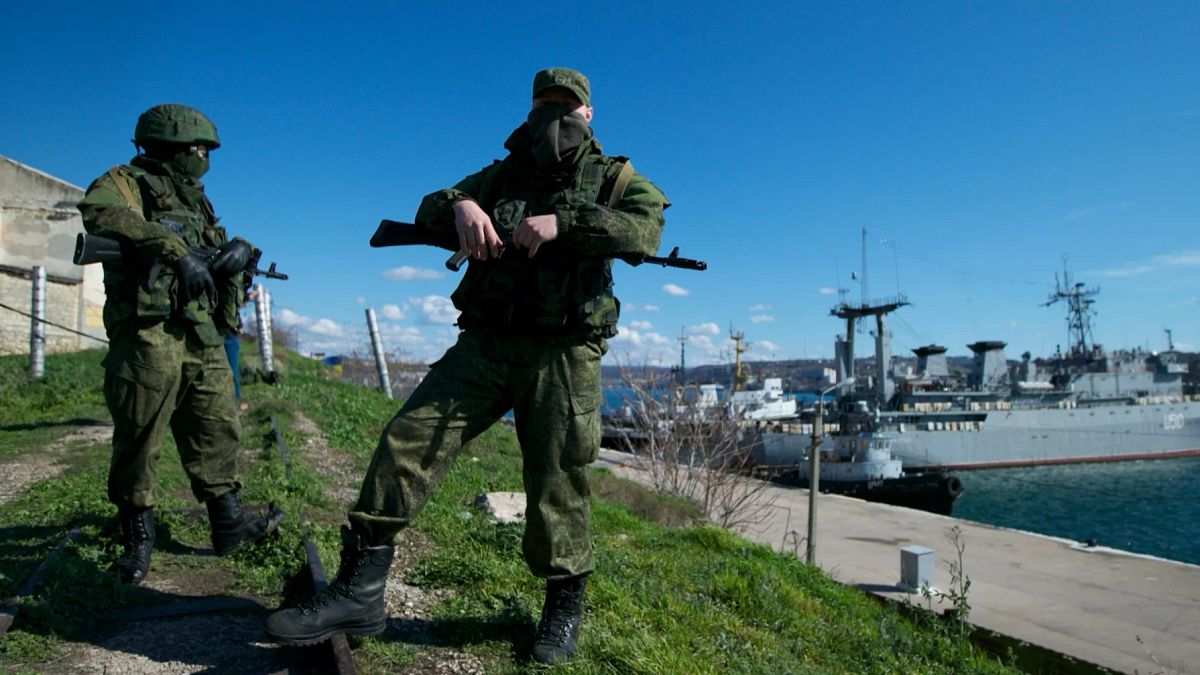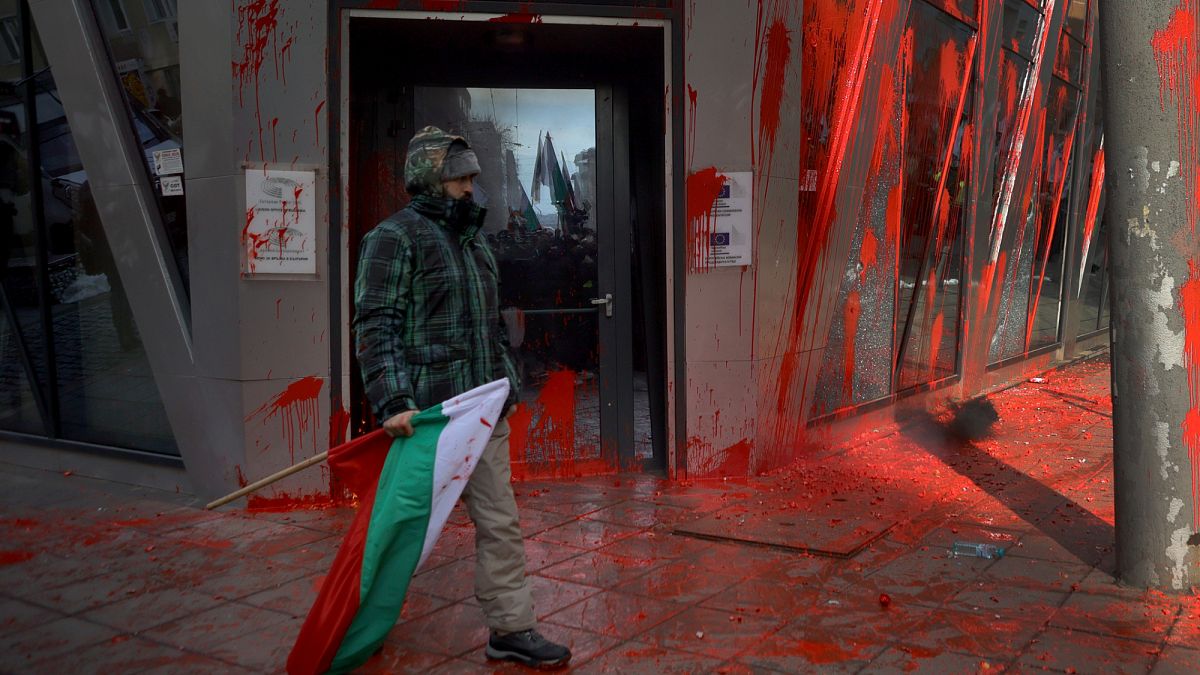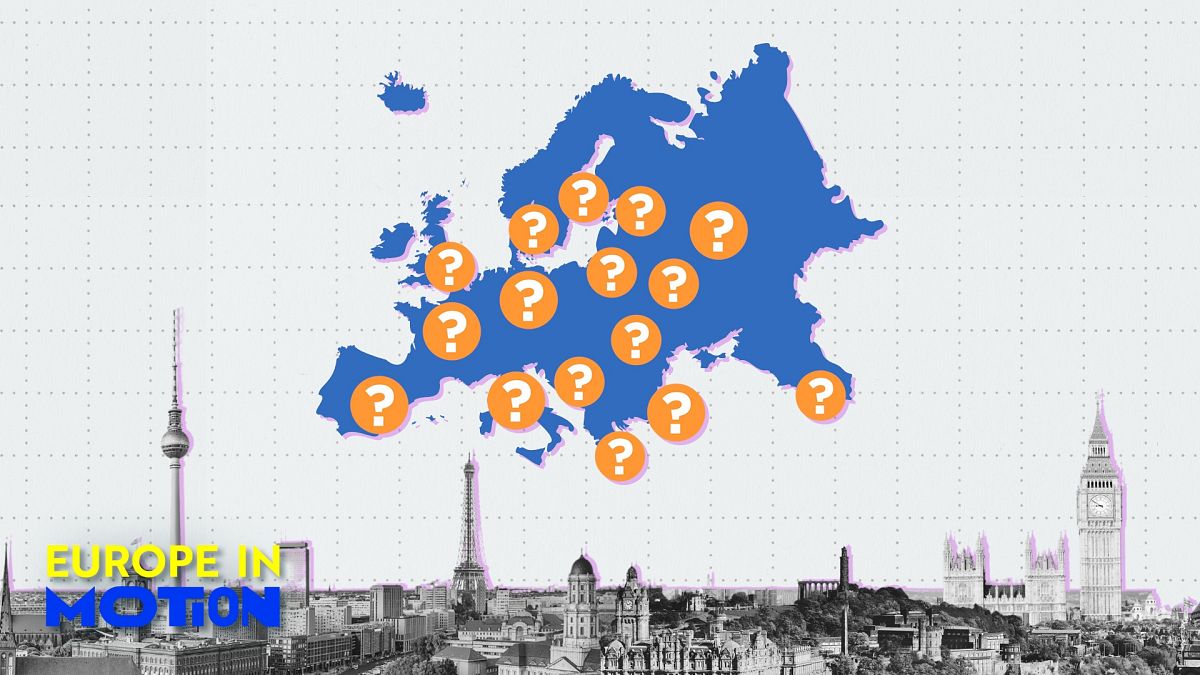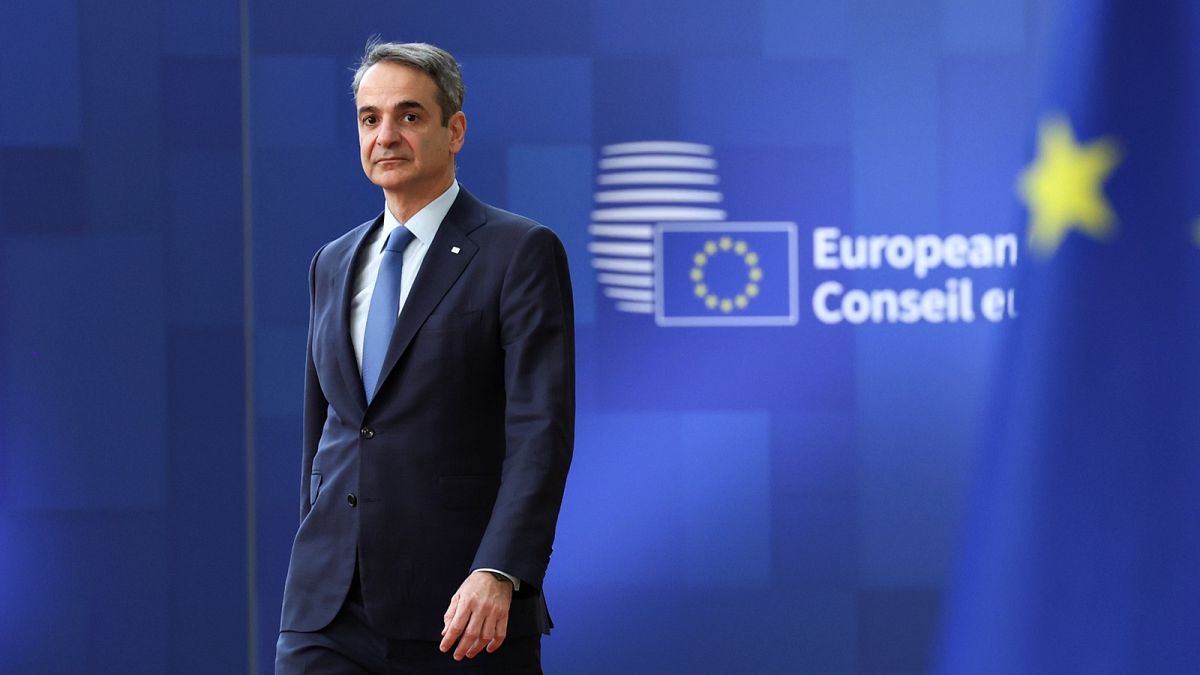The new US Secretary of Defence has categorically ruled out granting NATO membership to Ukraine as a security guarantee to end Russia’s war.
Ukraine’s desired return to its pre-2014 borders and membership of NATO are “unrealistic” goals that should be excluded from any future peace settlement, US Secretary of Defence Pete Hegseth told allies on Wednesday as he stressed President Donald Trump’s intent to end Russia’s war “by diplomacy”.
Hegseth’s remarks came at a meeting of the Ukraine Defence Contact Group in Brussels. More than 40 nations were represented.
“We want, like you, a sovereign and prosperous Ukraine. But we must start by recognising that returning to Ukraine’s pre-2014 borders is an unrealistic objective. Chasing this illusionary goal will only prolong the war and cause more suffering,” Hegseth told his counterparts.
“A durable peace for Ukraine must include robust security guarantees to ensure that the war will not begin again. This must not be Minsk 3.0,” he added, referring to the ill-fated agreement that failed to end the Donbas war.
“That said, the United States does not believe that NATO’s membership for Ukraine is a realistic outcome of a negotiated settlement. Instead, any security guarantee must be backed by capable European and non-European troops.”
Hegseth underlined that American troops would not be part of any peacekeeping mission in Ukraine to guarantee the stability of the prospective peace deal and that such a mission “should not be covered” by NATO’s Article 5 of collective defence.
The idea of deploying “boots on the ground” to Ukraine has gained traction in recent months, with France leading the difficult conversation. The debate is politically fraught though, and could take a new turn after Hegseth’s comments, as the lack of collective defence guarantees would leave Western troops vulnerable to Russian attacks.
“Our message is clear: the bloodshed must stop and this war must end,” Hegseth said.
Kyiv has long pursued accession to the alliance, arguing Article 5 denoting collective defence would be the most effective security guarantee to prevent the Kremlin from launching a fresh attack. While the goal is backed by Poland and the Baltic states, others, like Germany, have shown greater reluctance. Hungary and Slovakia are firmly opposed.
The question of territory is also highly delicate for Ukraine. President Volodymyr Zelenskyy has advocated for the complete recovery of all Russian-occupied territories, including the Crimean peninsula and the Donbas.
In a new interview with The Guardian, Zelenskyy said he was willing to offer Russia a territorial exchange, giving up the part of the Kursk region that Ukraine is now holding.
“We will swap one territory for another,” Zelenskyy told the newspaper, without specifying which Ukrainian territory he would ask for in return. “I don’t know, we will see. But all our territories are important, there is no priority.”
‘Division of labour’
In his intervention, Hegseth echoed many of Donald Trump’s previous messages, such as the “peace through strength” mantra and the openness to negotiate directly with President Vladimir Putin. The Secretary asked allies to ramp up defence spending all the way to 5% of their GDP, a share not even the US meets.
“The United States remains committed to the NATO alliance and to the defence partnership with Europe. Full stop,” he said. “But the United States will no longer tolerate an imbalanced relationship which encourages dependency.”
The former Fox News host called on Europeans to “provide the overwhelming share of future lethal and non-lethal aid to Ukraine” and increase donations of ammunition and military equipment, which the country needs to repel Russian troops. Since the start of the invasion, EU member states have supplied Kyiv with €134 billion in support.
Hegseth pitched a “division of labour” in which European allies would “take ownership” of security in Europe while America would turn to the Pacific region to deter war with China. He also spoke about the need to focus on America’s border with Mexico.
“European allies must lead from the front,” he said.
Speaking by his side, UK Secretary of Defence John Healey expressed sympathy for Hegseth’s concerns and promised Europe would step up its defence spending.
“We know our responsibilities. We are doing more of the heavy lifting, sharing more of the burden,” Healey said.
In a press conference ahead of the ministerial meeting, NATO Secretary General Mark Rutte urged Europe and Canada to “considerably” boost their military expenditure, warning the capability gaps are “simply too big” for the current 2%-of-GDP target.
“If we stick to the 2%, we cannot defend ourselves in four of five years,” Rutte said.
As of today, eight out of 32 NATO members do not meet the target.
This story has been updated.


